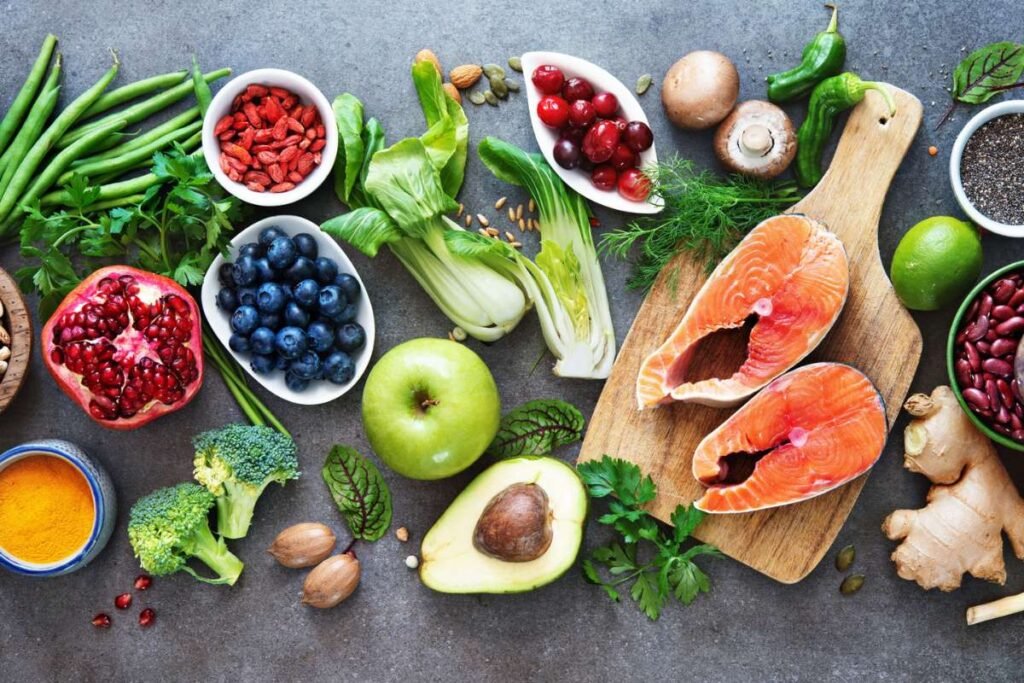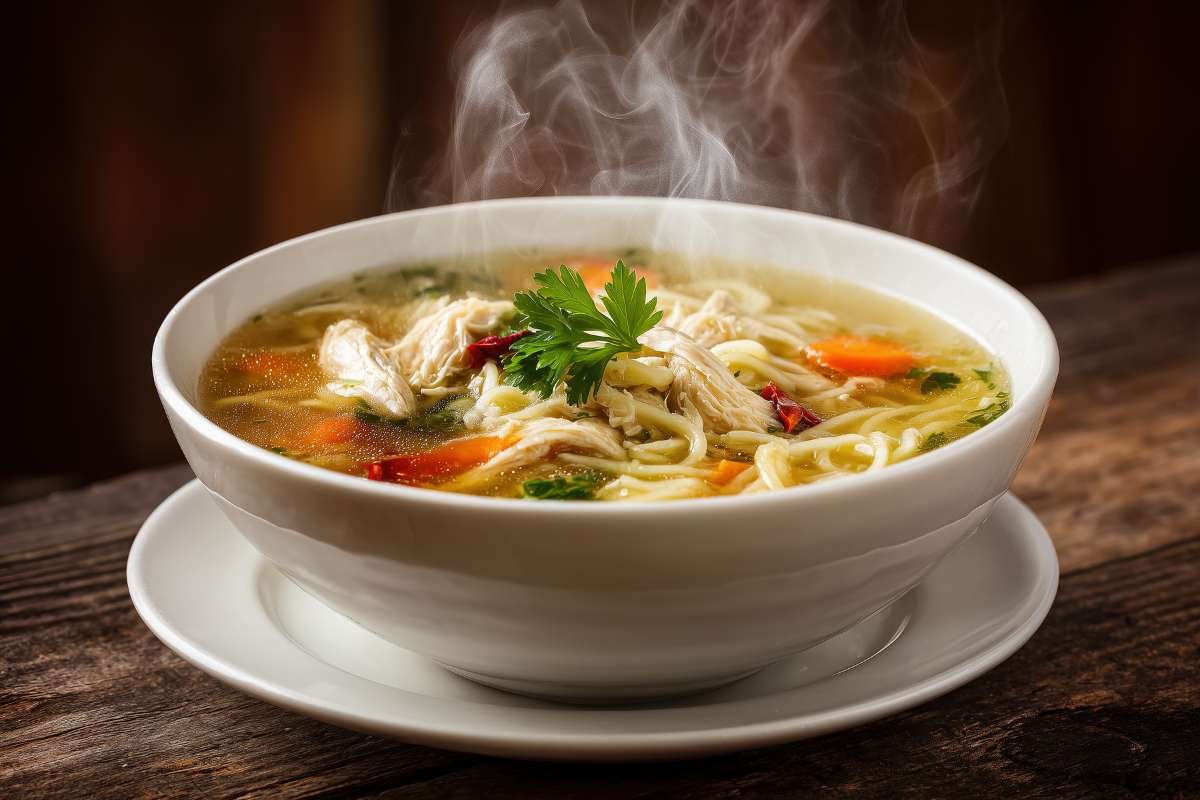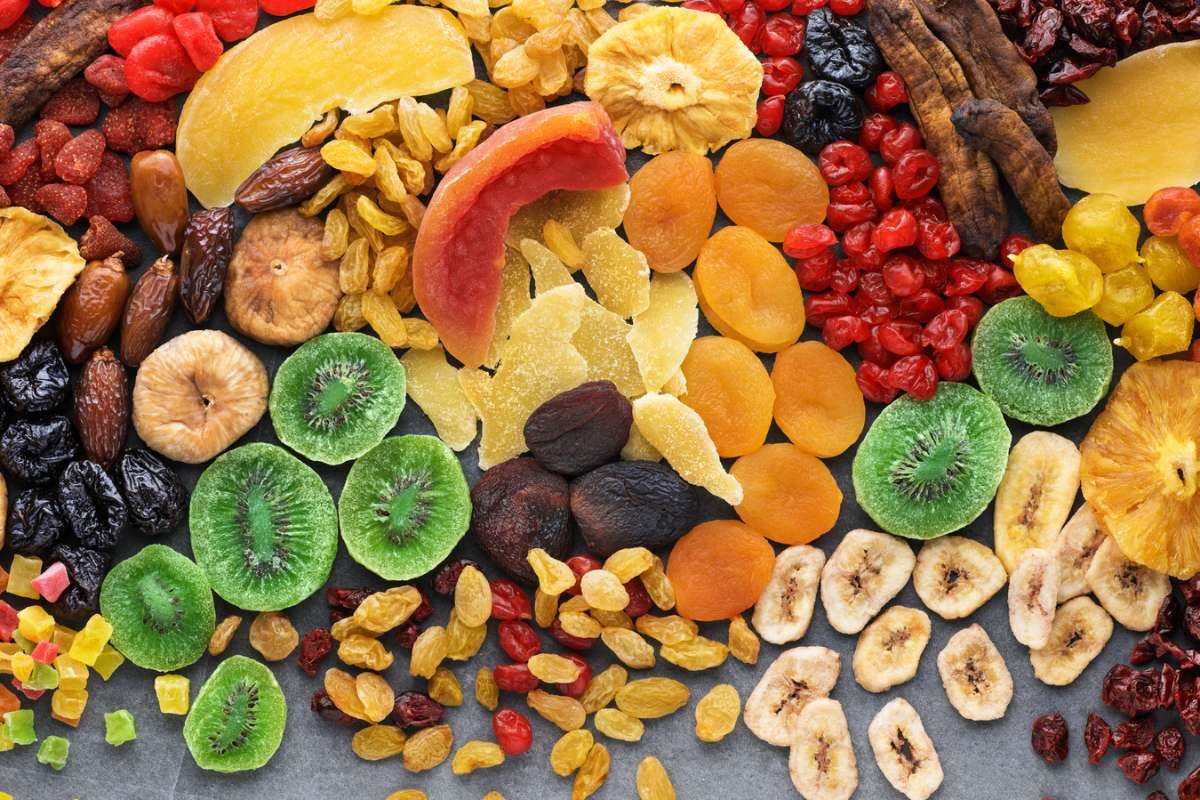Do you often feel anxious due to the hustle and bustle of daily life? Maybe you tried meditation, yoga, and journaling, but to no avail. What can be done?
There has been a rise in anxiety and stress in adults. According to the American Psychiatric Association, about 43% of U.S. adults say that they feel more stressed in 2024 than they felt in 2023. And the numbers keep rising. The key to beating stress might lie in the food that you consume. There are plenty of stress-reducing foods that can help you manage your stress levels.
How Do Stress-Reducing Foods Work? The Relationship Between Stress and Food
Stress can greatly influence our food preferences. Chronic stress can increase the metabolic needs of the body. The food you eat affects how your body operates. Stress can increase or decrease depending on what you consume. Emotional or physical stress can often lead to high intake of foods that are both fatty and rich in sugar. This is because sugary foods can dampen stress-related hormones. That is why many such foods are known as “Comfort Foods”.
There are ways in which food and stress can help manage stress. Certain foods can often boost serotonin, a chemical that calms the brain. Various vitamins, minerals, and antioxidants in food can help reduce stress. According to a study published in the Journal of Nutritional Biochemistry, vitamin C, for example, can help manage stress levels. On the other hand, there are a lot of stress-inducing foods as well. High levels of caffeine or alcohol can increase stress.
A thing to note about stress-reducing foods is that they can often lead to eating disorders. One study published in the International Journal of Applied and Basic Nutritional Sciences indicates how eating behaviours born through stress eating can lead to obesity.
Now you know how food and stress are linked. But which ones are best for you? Here are the best foods that you can eat to reduce stress and anxiety.
20 Stress-Reducing Foods To Help Your Anxiety
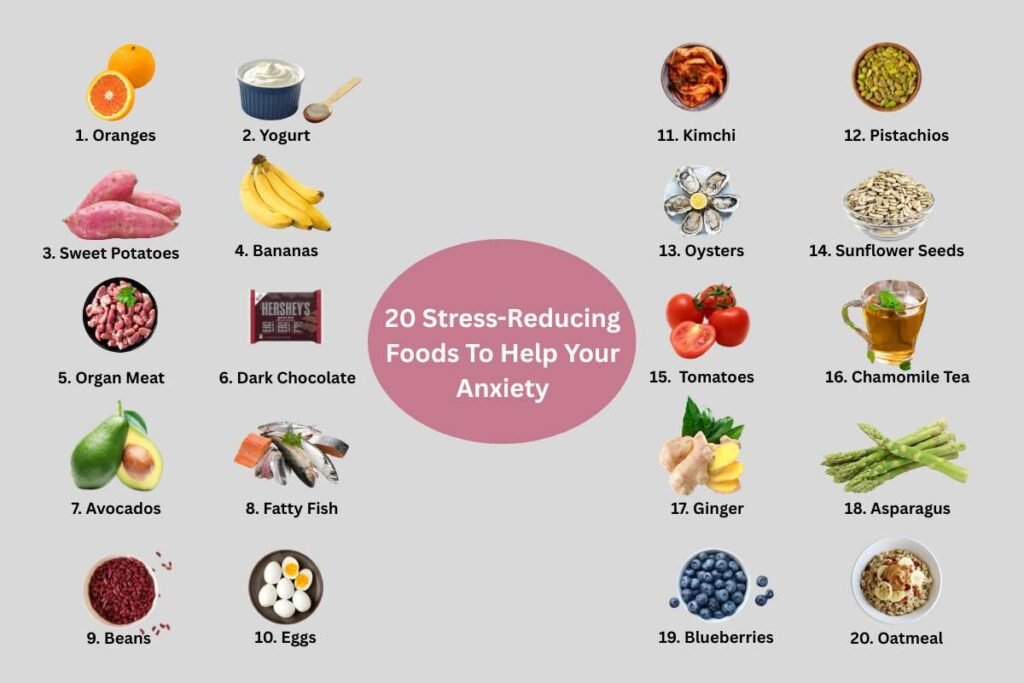
1. Oranges
Oranges have vitamin C. As you read above, this vitamin can stop stress-inducing hormones. It can also strengthen the immune system. Vitamin C can sometimes help reduce high blood pressure. Daily intake of oranges can assist the regeneration of brain cells. So, a glass of orange juice can do wonders for your physical and mental health.
2. Yogurt
Yogurt has an abundance of bacteria called probiotics. Probiotics are beneficial in improving gut health. It can help in reducing stress, as a healthy gut can lead to overall good mental well-being. One thing to avoid while eating yogurt is additives. The addition of syrup, chocolate, or candy can have the opposite effect. If a topping is necessary, add fresh fruits or chopped nuts.
3. Sweet Potatoes
Sweet Potatoes are rich in carbs. Foods rich in carbs can help regulate cortisol. Cortisol is a stress hormone that is released when you are feeling stressed. Sweet potatoes contain nutrients like potassium and vitamin C, which help in combating stress.
A study published in the National Library of Medicine found that people who ate a diet heavy in carbs had lower levels of cortisol production.
4. Bananas
Optimal nerve function is necessary for emotional stability. Bananas have potassium, which promotes proper nerve signalling. They also have vitamin B6. B6 is important in the production of serotonin. Bananas can help keep your nervous system healthy, which can, in turn, improve your mental health. They are also easy to include in your daily diet. Fresh, smoothies, milkshakes, or mixed with desserts, the opportunities are endless!
5. Organ Meat
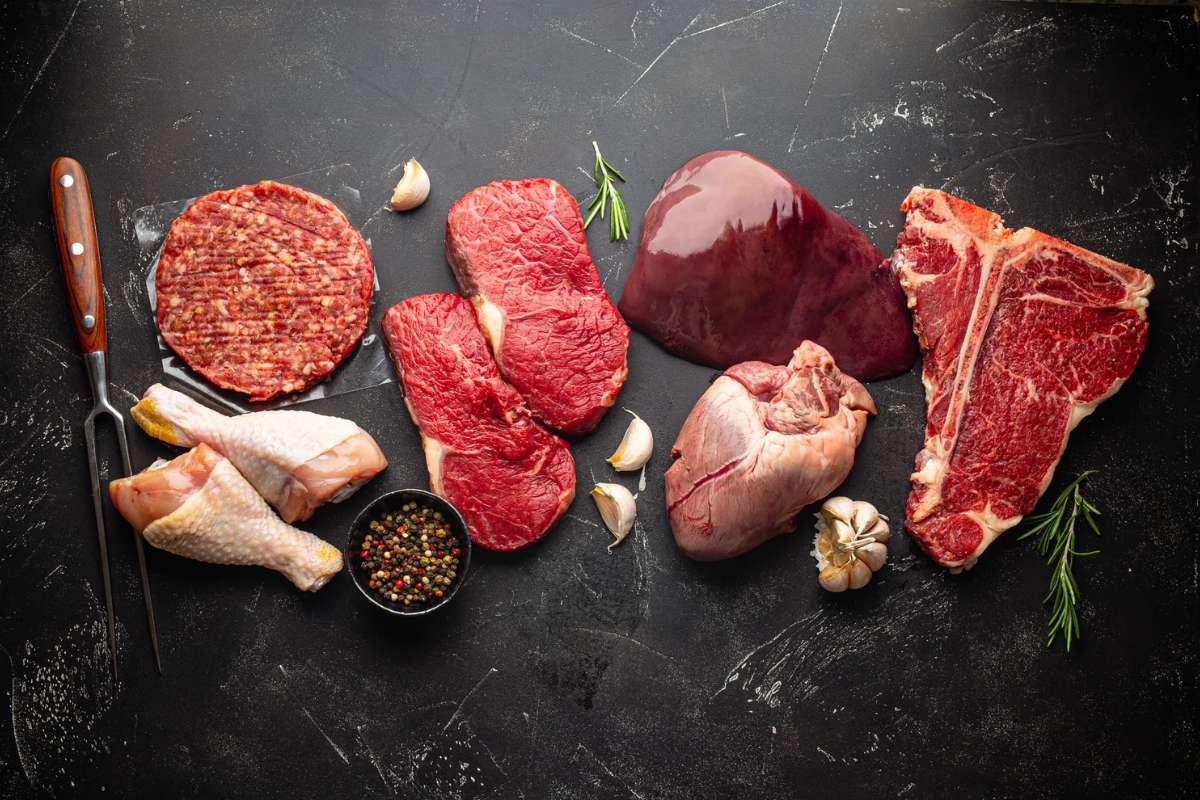
Meat portions such as kidneys and liver are an excellent source of vitamin B. Especially vitamins like B12, B6, riboflavin, and folate, which are essential for stress reduction. It can also help in the production of dopamine and serotonin, which counteract stress.
The liver and kidneys also contain iron. A deficiency of iron can leave you feeling weak and lethargic. Consuming organ meat can increase iron levels in the body. This can lead to you feeling more energised, which can in turn decrease the effects of stress.
6. Dark Chocolate
Who doesn’t love chocolate? It is one of the best stress-reducing foods. Dark chocolate is made from the cacao plant. The cacao plant is rich in magnesium. Magnesium can induce a calming effect on the body. If you want to eat dark chocolate to reduce stress, look for a chocolate with cocoa content of 70% or higher.
7. Avocados
Eating Avocados can improve cognitive function and reduce anxiety. Avocados are rich in vitamin B, which plays a role in mood regulation. They also contain other healthy fats that are important for brain health.
8. Fatty Fish
Fishes like salmon, herring, and sardines are rich in a nutrient called omega-3. A low level of omega-3 intake is linked with depression and anxiety. Consuming Omega-3s is important for improving mood and handling stress. Fatty fish can also contain vitamin D, which helps in managing stress levels.
9. Beans
Whether it be black beans, kidney beans, pinto beans, etc, they are rich in fiber and protein content. They can stabilize blood sugar levels. Hence, they can be a perfect vessel to drive away anxiety. Chickpeas, for example, contain plant compounds that improve gut bacteria. Peas can lower blood pressure. Pinto beans can reduce cholesterol levels. Peanuts can diminish the risk of stroke, heart disease, and cancer.
10. Eggs

Eggs can act as strong stress-reducing foods. Eggs have an excellent nutrient profile. They contain amino acids, antioxidants, and vitamins required for a healthy stress response. Whole eggs have choline. Choline improves mental health and helps the development of neurotransmitters.
11. Kimchi
Kimchi is a traditional Korean dish made with fermented and salted vegetables. It is traditionally made with cabbage, but can also include radish, beets, carrot, eggplant, cucumber, etc. Just like yogurt, kimchi contains probiotics, which can improve gut health. Foods that improve your gut can be excellent forms of stress-reducing foods. It also contains high amounts of antioxidants, vitamins, and minerals.
12. Pistachios
Pistachios and other nuts are a good source of fats. In recent years, the U.S. The Food and Drug Administration (FDA) concluded that tree nuts, including pistachios, help reduce the risk of heart disease. Eating Pistachios can lower cholesterol levels and reduce the chances of diabetes. They can lower your blood pressure and heart rate during acute stress. It works by protecting you against the likely effects of stress.
13. Oysters
Oysters can act as stress relievers. This is because they are full of zinc. Zinc can give an efficient boost to the serotonin levels in the body. In addition to this, oysters also contain some amount of magnesium and vitamin B.
14. Sunflower Seeds
Sunflower seeds contain a high amount of vitamin E. It is a fat-soluble vitamin that works as a powerful antioxidant. Apart from vitamin E, Sunflower seeds also contain manganese, zinc, vitamin B, and copper.
15. Tomatoes
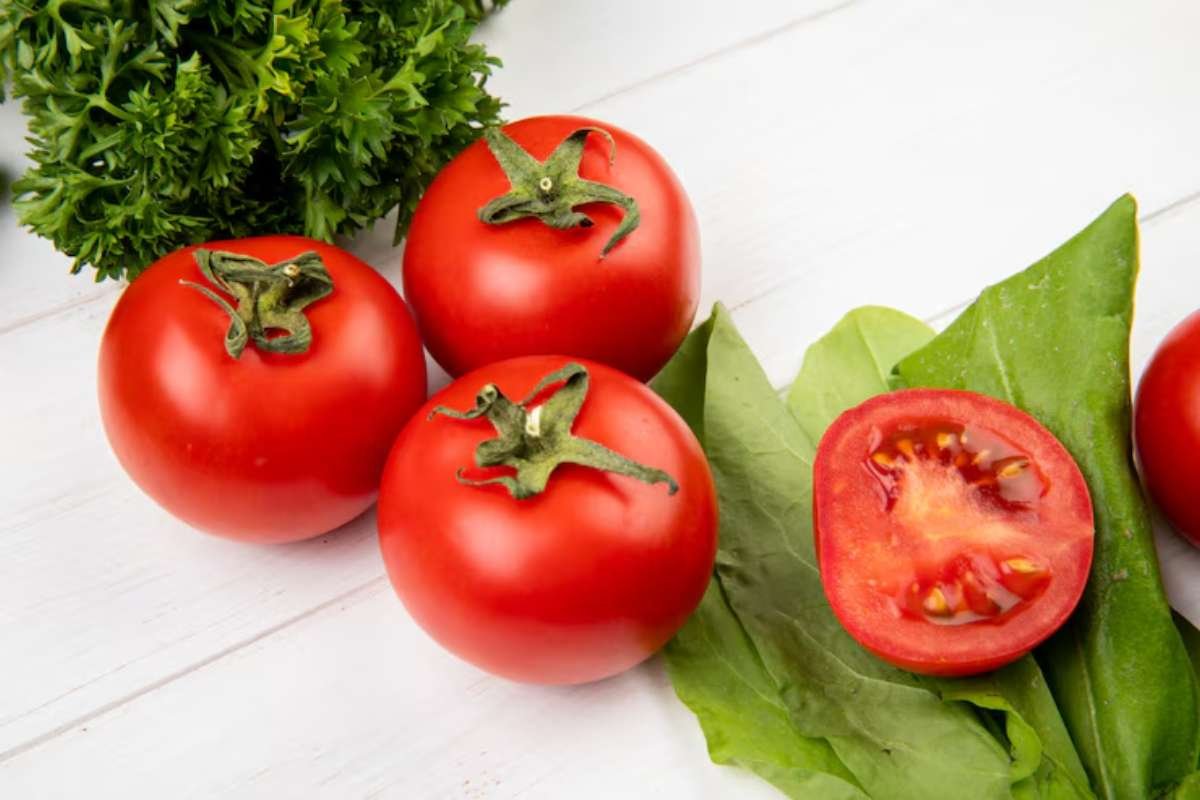
Tomatoes contain lycopene. Lycopene is an antioxidant that can calm the brain. It reduces oxidative stress and can lower anxiety levels. Lycopene can also lower the level of cholesterol in your body.
16. Chamomile Tea
This is a tea made from the flowers of the chamomile plant. Chamomile contains flavonoids that have anti-anxiety properties. A study published in Phytomedicine indicates that consistent use of chamomile tea can help reduce General Anxiety Disorder (GAD).
17. Ginger
Ginger contains different and unique bioactive compounds that can hone your cognitive function. Ginger can alter your serotonin levels. Ginger also has anti-inflammatory properties that can positively impact your mental health.
18. Asparagus
This is a vegetable high in vitamin B, especially iron and folate. Folate is involved in the production of neurotransmitters like serotonin and dopamine. Low levels of folate have been linked with depression and anxiety. Asparagus can help mitigate the effects of anxiety and depression. It also contains fibres that feed “good” bacteria into your gut.
19. Blueberries
Blueberries have several positive effects on the brain. They can increase serotonin levels and can be anti-inflammatory. A study published in the Proceedings of the National Academy of Sciences suggested that eating blueberries reduces symptoms of post-partum blues (PPB), which can often lead to post-partum depression (PPD).
20. Oatmeal
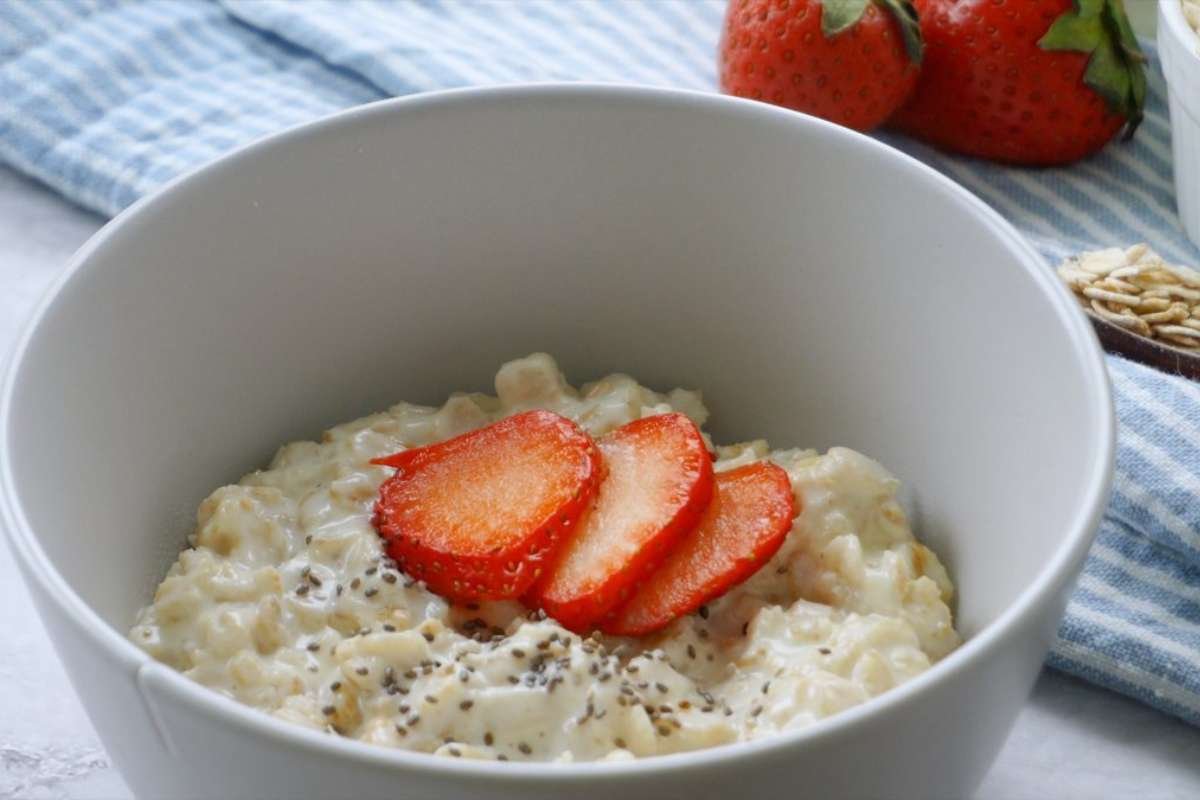
This preparation of oats can reduce the stress hormones in your brain. It can also help balance the sugar levels in the blood. This is important as sudden spikes in sugar levels can trigger anxiety. Oats can also reduce the cholesterol levels in the body. Cholesterol can cause inflammation of the arteries. This can increase the risk of heart-related problems.
Now I know what you might be thinking: are there any foods you need to stay away from? Any foods that can elevate anxiety?
Foods That Can Increase Anxiety
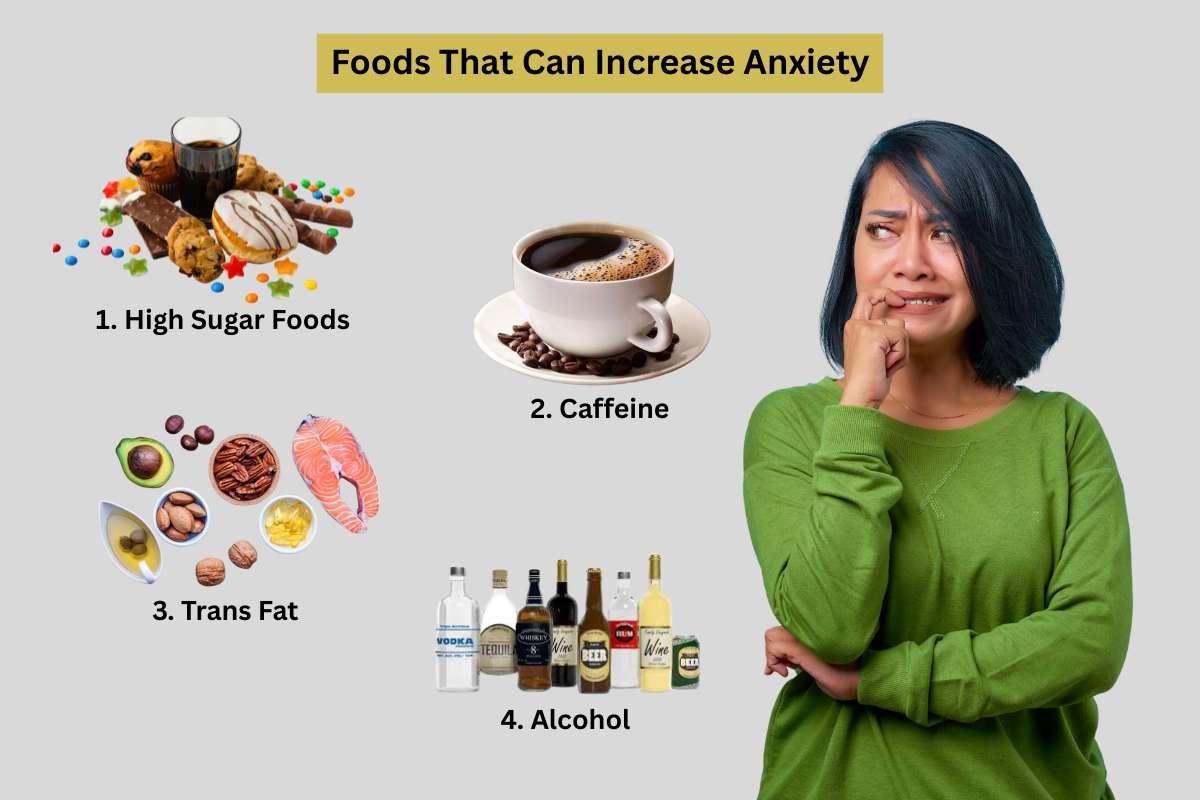
1. High Sugar Foods:
High sugar carbs like pastries, sweets can cause spikes in blood sugar and increase mood swings and anxiety
2. Caffeine
Caffeine can cause jitteriness. It happens because caffeine can stimulate the nervous system. This can increase your heart rate and anxiety
3. Trans Fat
Foods that are high in trans fat are usually linked with causing anxiety. Fried foods and snacks usually contain high amounts of trans fats.
4. Alcohol
It might seem that alcohol does not cause anxiety or stress. After all, consuming alcohol lowers inhibitions and can induce a calming effect. But, on the contrary, alcohol changes the levels of serotonin. It can also alter the neurotransmitters in the brain.
End Note:
Stress can have many harmful effects on your mental and physical health. Managing your diet and the food you eat can be a big step in eliminating stress and anxiety. Thankfully, there is a variety of stress-reducing foods available. Just remember not to overdo things. Regulation is the key.
FAQ
1. Why do I feel like eating when I am stressed?
Stress increases the cortisol levels of the body. High cortisol levels often lead to food cravings. Hence, stress acts as a trigger for food cravings.
2. How do I manage stress eating?
Plan your meals and practise mindful eating. Find healthier options if you do feel the need to snack. Strictly portion your meal.
3. Can I use supplements instead of Stress-Reducing Foods?
Taking supplements can be an effective way to reduce stress. However, they might come with some side effects. Eating healthy can naturally reduce your stress and anxiety over time.
4. Apart from food, what are some other ways you can reduce your stress and anxiety?
There are several ways you can manage stress apart from food. Reduce your screen time. Go outside for a walk. Daily meditation and journaling can also help manage day-to-day stress.
Also Read :- Feeling Low? These Are the Best Foods for Mental Health You Should Eat

